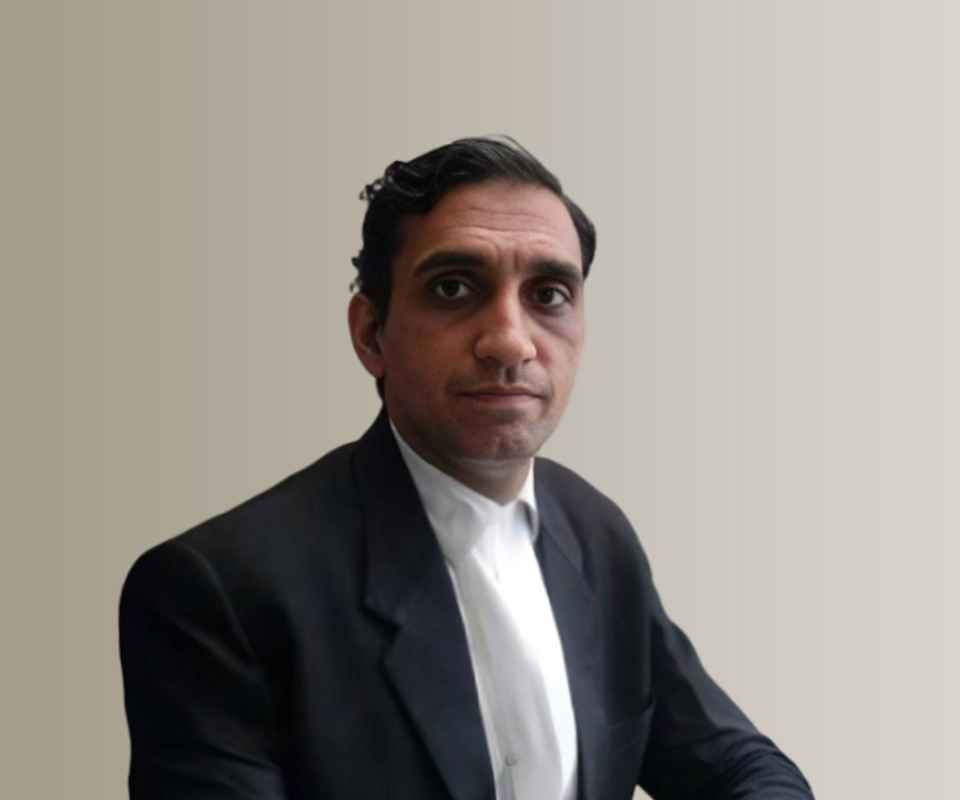Answer By law4u team
When a law enforcement officer is involved in a homicide, the legal process and punishment can differ significantly from cases involving civilians. Law enforcement officers are often afforded certain legal protections, such as qualified immunity, which can impact the charges and penalties in cases of use of deadly force. However, officers are not immune from criminal prosecution or civil liability, especially if they are found to have used excessive or unnecessary force.
The punishment for homicide in law enforcement cases varies based on the facts of the case, including whether the officer acted within the scope of their duties, the reasonableness of their actions, and whether the homicide was intentional, reckless, or accidental.
Factors Affecting Punishment in Homicide Cases Involving Law Enforcement Officers
Use of Force and Justification:
Officers are often authorized to use deadly force in certain situations, such as in self-defense or to protect others from imminent harm. However, this is only acceptable under specific circumstances and must be reasonable.
If an officer's use of deadly force is deemed justified based on their perceived threat, there may be no charges or punishment. However, if the force used is excessive or disproportionate, the officer may face criminal charges.
Example: If an officer shoots a suspect who is unarmed and poses no immediate threat, the officer could face charges for murder or manslaughter if the use of deadly force is considered excessive or unjustified.
Qualified Immunity:
Qualified immunity is a legal doctrine that protects government officials, including police officers, from civil liability unless their actions violate clearly established law. This means that in many cases, even if a homicide occurs, the officer might not be held liable in a civil lawsuit unless their conduct is egregiously unlawful.
However, this doctrine does not protect officers from criminal prosecution. If an officer is found to have committed a criminal homicide, they can be prosecuted and sentenced to the same penalties as civilians. The difficulty, however, is that criminal charges can be harder to bring due to the protections law enforcement officers receive in the performance of their duties.
Criminal Charges and Punishment:
The charges an officer faces in a homicide case can range from murder to manslaughter to negligent homicide depending on the intent and circumstances surrounding the death.
- Murder: If the officer intentionally killed someone without justification, they could be charged with first-degree or second-degree murder, depending on the specifics of the case (such as premeditation).
- Manslaughter: If the officer caused the death without intent to kill but acted recklessly or in a criminally negligent manner, they could be charged with voluntary manslaughter or involuntary manslaughter.
- Negligent Homicide: In some cases, if the officer’s actions were extremely careless but not intentional or reckless, they may be charged with negligent homicide.
Example: An officer who shoots and kills an unarmed suspect during an arrest might be charged with second-degree murder if the shooting was deemed to be done with malice or voluntary manslaughter if the officer was provoked or acted in a fit of passion.
Public Perception and Political Influence:
Public opinion and political pressure can significantly impact how cases involving police officers are handled. In high-profile cases, the media and public outcry can influence the legal process, pushing for greater accountability and justice.
In some instances, prosecutors may face pressure to charge officers more severely or to ensure a fair trial, particularly when the officer's actions are perceived as an abuse of power or excessive force.
Conviction and Sentencing:
If a police officer is convicted of homicide, they face the same punishments as any civilian defendant. This could range from prison time to life imprisonment depending on the severity of the crime.
Sentencing may vary based on the officer’s intent, the degree of negligence or recklessness, and whether there were any mitigating circumstances. An officer convicted of murder could face life imprisonment or even the death penalty in jurisdictions where it is applicable.
Civil Suits:
In addition to criminal punishment, the family of a person killed by a police officer may file a wrongful death lawsuit in civil court seeking financial compensation for their loss. The officer may be liable for damages if their actions were deemed to be reckless or excessive.
Even if the officer is acquitted in a criminal case, they may still be held liable in a civil case for wrongful death, and the plaintiffs may be awarded compensation for funeral expenses, lost wages, and emotional distress.
Examples of Law Enforcement Involvement in Homicide Cases
Case of Unjustified Shooting:
Officer A shoots and kills an unarmed individual during a traffic stop. The officer claims they feared for their life, but the circumstances suggest no immediate threat.
The officer may face criminal charges for second-degree murder or voluntary manslaughter, depending on the evidence of intent and recklessness. The officer could be sentenced to prison time if convicted.
The victim's family may file a wrongful death lawsuit in civil court, potentially receiving damages for the loss of their loved one.
Case of Justified Shooting in Self-Defense:
Officer B shoots and kills a suspect who attempts to attack them with a weapon. The officer's actions are deemed justified by the court.
No criminal charges are filed, and the officer faces no punishment because the homicide is considered justifiable under the law.
Case of Excessive Force:
Officer C uses excessive force while attempting to subdue a suspect and accidentally kills them. The officer may be charged with involuntary manslaughter due to reckless behavior.
The officer may face a criminal conviction and sentencing in addition to potential civil liability.
Conclusion:
Punishment for homicide involving law enforcement officers can vary depending on the circumstances, including whether the officer acted within the law, the justification for their use of deadly force, and the legal doctrine of qualified immunity. While officers may face a criminal conviction and punishment, they also face potential civil liability in wrongful death lawsuits. Factors such as public scrutiny, evidence of excessive force, and the officer's intent play a critical role in determining the outcome of such cases.







